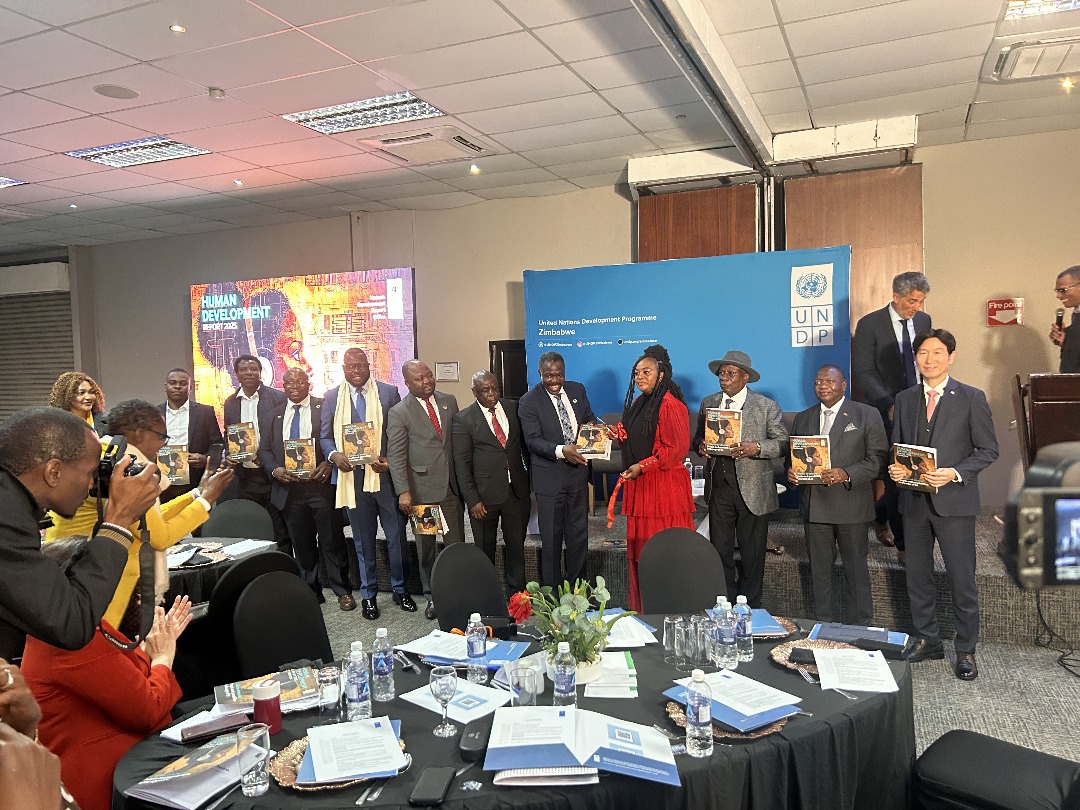
A lot has been said here at Techzim and other places about Econet’s foray into mobile micro-finance. As is the custom with anything that Econet Wireless does these days, there has been some suspicion and general skepticism about what EcoCashLoans means for Zimbabwe, some of it has been unjustified. For that reason, I feel that mobile micro-credit as a phenomenon may have gotten off on the wrong foot in Zimbabwe. Maybe if we take time to examine the threats and opportunities that micro-finance truly represent for our people in the absences of the distracting effect of local corporate political showmanship, there is a lot to be learned from history. That is what this article will attempt to do, simply look at mobile micro-finance as a potential tool to stimulate growth and the associated threats.
Like any medicine, micro-finance must be administered with caution and in correct doses before it quickly becomes lethal and self-defeating. African history is rich with cases where a zealous approach to implementing microcredit schemes has had disastrous consequences that many parts of the continent are yet to recover from. In a simple sense, micro-finance introduces debt. But more than that, it is often debt that is introduced to the very poorest members of society. Herein lies the first problem. People who often end up relying on micro-credit schemes the most are those that have no guaranteed source of income and are in no position to repay any loans. What sometimes happens is that these people begin to rely on micro-credit as a way of subsidizing their income by borrowing money that they have no capacity to repay. They then take out more loans or sell off the little assets they have to repay each loan, as this downward spiral continues, their capacity to generate income and repay their way out of debt quickly diminishes while their reliance on debt to survive increases. With each loan they find themselves dug deeper and deeper into chronic poverty. At a large scale this may result in the mass-creation of poverty and dependency.
Some experts argue that these fears are misplaced in Zimbabwe where we have a strong informal sector. The reasoning behind this view is that more credit will allow local small entrepreneurs – on whose backs our economy relies – to quickly capitalize their enterprises and grow their businesses as well as their capacity to generate more income. Herein lies two dangerous assumptions. The first assumption is that extending small loans to more small enterprises will increase the growth of each respective enterprise; this is not necessarily the case. Micro credit loans have one common characteristic; they are small and often come with short repayment periods. For this reason, micro-credit is in most cases only applicable to small informal businesses with relatively quick returns, like vending and cross border trading. To these kinds of entrepreneurs, micro-credit loans give them the ability to build their inventory and product range. None the less , the same loans allow new entrepreneurs to start similar businesses.
As more people enter into the same sector hyper-competition will likely result leading to diminished incomes for the self-employed per capita. When this happens, quality of service and standard of living will fall as well as the general strength of that particular industry. This phenomenon is perhaps most evident in our local public transport sector, fashion industry, furniture sector, and now retail.
At its worst, this phenomenon results in the collapse of larger tax paying enterprises that are prejudiced of long-term credit lines in favor of high interest short term micro-credit loans, established will also likely see their market share cannibalized by a growing informal sector. When industries like the major furniture makers – for example – are run out of business by SMEs, it results in mass-retrenchments and unemployment while introducing more furniture makers who rely on the same micro-credit loans to setup informal businesses in an already flooded and rapidly diminishing market.
Between 1997 and 2003 South Africa saw an 11% decline in self-employment income as a result of micro-credit schemes. It also saw an increase in unemployment, higher in fact, than during the Apartheid era. In no time the central government will also see its tax revenue falling, as is the case now. But it gets worse… To be continued.












Comments
3 responses
I still do not like/trust micro-lenders. I believe this system simply pushes the debt ridden into more debt with high interest. Unsecured lending is the worst form of lending ever in my opinion.
I see there is the “our people” phrase creeping in this analysis. Who is the “owner” and who are the “owned”?
For any economy to grow and succeed there needs to be credit available, this is why American bailed out the banks, so lines of credit were not disturbed. As pointed out so well in this article the problem is that this credit is targeted at the poor and has very high interest rates and short repayment periods.
Kudos to EcoCash for finding and exploiting a market, that is their job as a corporate, they cannot be expected to not capitalise on a situation just because the economy may run into problems.
It is governments responsibility to protect the economy and the workers through education and legal enforcement. Just as they restrict use on alcohol, seat belts etc they need to make sure the poor are protected and capital and credit is available to larger companies to resuscitate the economy, in the mean time EcoCash will make its money.